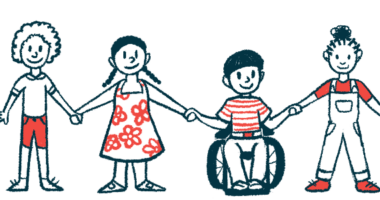US Database Lists Medications Dangerous for Epileptic Patients on Ketogenic Diets

A database created at the University of Arizona College of Medicine — Phoenix alerts physicians about medications that can be harmful to epilepsy patients on ketogenic diets.
The database identifies high-carbohydrate medications that are not recommended for people on ketogenic diets. In a list of about 2,600 medications, the team found 72 that should never be prescribed to these patients.
Andrew Muth, MD, clinical informatics fellow at the university, worked together with a multidisciplinary team at the Phoenix Children’s Hospital, to develop the new database intended to protect individuals on ketogenic diets from being prescribed potentially life-threatening medications.
According to Muth, the idea came after an adverse event involving a child going into status epilepticus (prolonged seizures without recovery of consciousness) after taking a prescribed medication containing sugar.
“We knew we could prevent events like this from happening with the right database in place,” Muth said in a press release.
Different studies have found that ketogenic diets can improve seizure control in various refractory epilepsy syndromes that are hard to treat, including Dravet syndrome and myoclonic astatic epilepsy.
The diet consists of consuming three or four times as much fat as carbohydrates and protein combined. This type of diet causes the body to make ketones, compounds that result from the breakdown of body fat.
The first large study addressing ketogenic diets in Dravet syndrome was published in 2005. After one year on a ketogenic diet, 10 out of 13 children had a more than 75 percent reduction in the number of seizures. Even in patients in whom seizure reduction was not dramatic, quality of life improved, and in all of them, the number of antiepileptic drugs was reduced to one or two.
“I wanted to prevent patients with epilepsy on ketogenic diets from unintentionally being exposed to carbohydrates,” Muth said. “There have been cases where such patients have accidentally been prescribed intravenous fluids that contain dextrose and had adverse outcomes, including breakthrough seizures and status epilepticus.”
So far, only Phoenix Children’s Hospital uses the database as a clinical support tool.
The hospital has been investing in data science and technology to give better care to epileptic patients. It hosts the Comprehensive Pediatric Epilepsy Program at Barrow Neurological Institute, and holds the highest level designation for epilepsy centers in the U.S.






